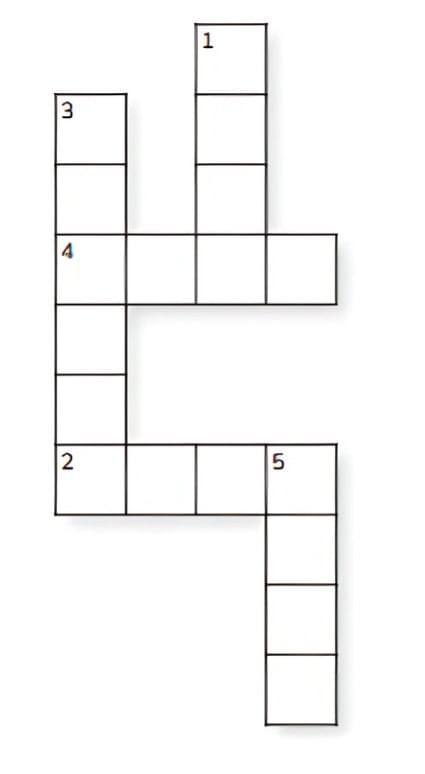Sense Organs - 1 Class 1 Worksheet EVS
| Table of contents |

|
| Which Sense Organ Helps? |

|
| Fill in the Blanks |

|
| Guess the Taste |

|
| Crossword Puzzle |

|
| Drawing Activity |

|
Which Sense Organ Helps?
Q1: The radio is playing music. Which sense organ helps you enjoy it?
Q2: You touch ice and feel cold. Which sense organ is working?
Q3: You watch a rainbow. Which sense organ is helping you?
Fill in the Blanks
(Pick the correct word from the options in brackets.)
(i) We have ______ sense organs. (four, five, six)
(ii) ______ is the largest sense organ we have. (Skin, Eye, Ear)
(iii) Our nose helps us ______. (hear, smell, touch)
(iv) We listen to music with our ________________. (ears, nose, tongue)
(v) There are many _________ buds all over the tongue. (taste, sound, touch)
Guess the Taste
(i) Chocolate
(ii) Lemon
(iii) Bitter gourd
(iv) Chips
(v) Ice-cream
Crossword Puzzle
(Fill in the boxes using the clues given below to complete the crossword.)
Drawing Activity
Draw one thing you can smell, one thing you can see, and one thing you can taste.
You can access the solutions to this worksheet here.
|
33 videos|215 docs|44 tests
|
FAQs on Sense Organs - 1 Class 1 Worksheet EVS
| 1. What are the five sense organs? |  |
| 2. How do the sense organs function? |  |
| 3. What is the role of the brain in the sense organs? |  |
| 4. Can the sense organs be damaged? |  |
| 5. How can we take care of our sense organs? |  |
















